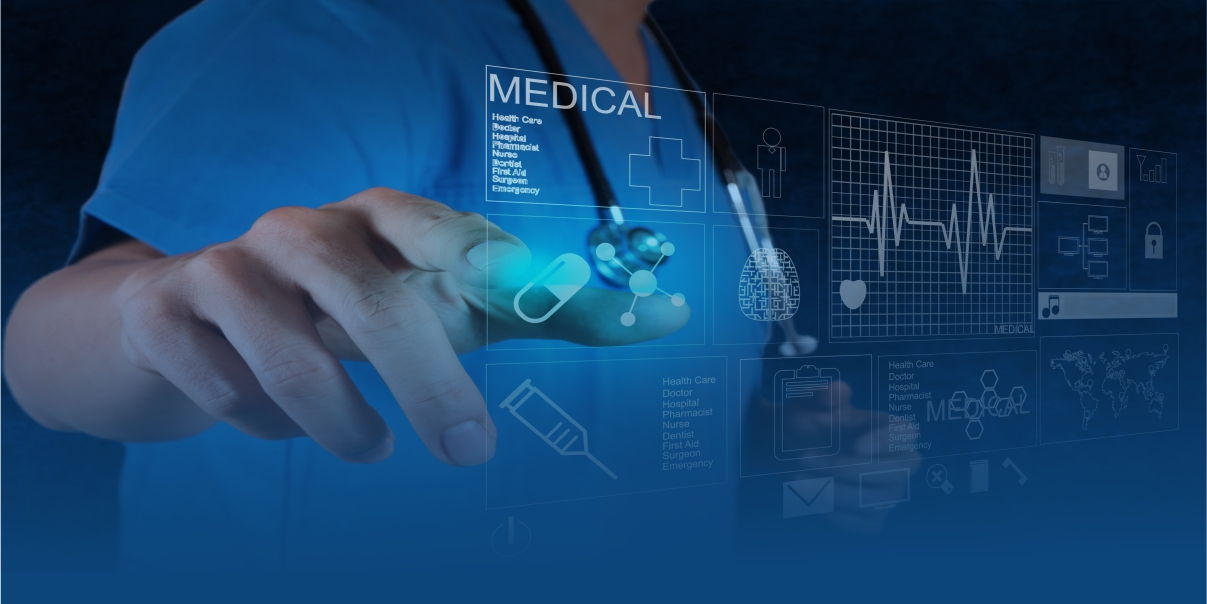Medical billing services and practice administration have traditionally been time-consuming aspects of clinical practice. Without a doubt, the usage of EHR systems has considerably lowered efforts by assisting healthcare practitioners in streamlining and simplifying their processes.
Electronic health records (EHRs) have revolutionized medical billing by automating the documentation process, improving accuracy, and reducing errors. EHRs facilitate easy access to patient data, streamline billing, and improve compliance with healthcare regulations, making medical coding more efficient and effective.
The healthcare industry is changing rapidly, and healthcare providers are looking for more efficient EHR systems to help them manage their entire practice. According to a recent study, EHR is the primary demand of 89 percent of doctors, and it drives their decision-making process when it comes to selecting a management system for their business.
Medical billing is a difficult chore nowadays, but it may be made easier by connecting the billing system with the EHR. Integration of electronic health record (EHR) systems
Interoperability should be improved.
An EHR system stores data from all types of providers and caregivers, and this data can be securely shared with anyone who needs to know, saving time and money while improving the patient experience.
While integrated techniques like automated physician order input help to reduce the risk of prescription mistakes, human error is always a possibility. A system that combines several programs (such as EHR, follow-up management, and even billing) decreases the number of data input points and, as a result, reduces the amount of redundant data entering. In the end, this lowers the risk of human mistake.
Ease of access
Online EHRs are simple to use. EHRs are typically housed on a single server at the practice's office, although those administered by a third-party vendor can be accessed from anywhere with an internet connection. This ease of access enhances collaboration with other health-care professionals and engages people in their own care management.
Paperwork should be minimized.
Paper medical records will be created through a manual writing procedure that is both time intensive and prone to mistakes. As a result, the workload has grown, and healthcare workers must devote more time to delivering better patient care.
When it comes to healthcare companies, the primary purpose of any company is to maximize profits. The main advantage of employing EHR systems is that they instantly increase your income and operate well.
Eliminate paper super bills that have been misplaced.
- Increases the number of claims that are accepted for the first time.
- Completion should be improved.
- Produce super bills electronically and then send them to insurance companies.
- Insurance claim rejection rates are reduced.
- Make a claim and keep track of it.
- Examine any claims that have been denied, make any necessary corrections, and resubmit them.
Conclusion
The healthcare business in the United States is evolving as a result of integrated EHR and medical billing make it easy for medical billing company. More and more healthcare professionals are realizing the benefits of electronic health records (EHRs) and their usage in medical billing systems, and they are embracing technology to help them streamline their work procedures.

Comments
Post a Comment